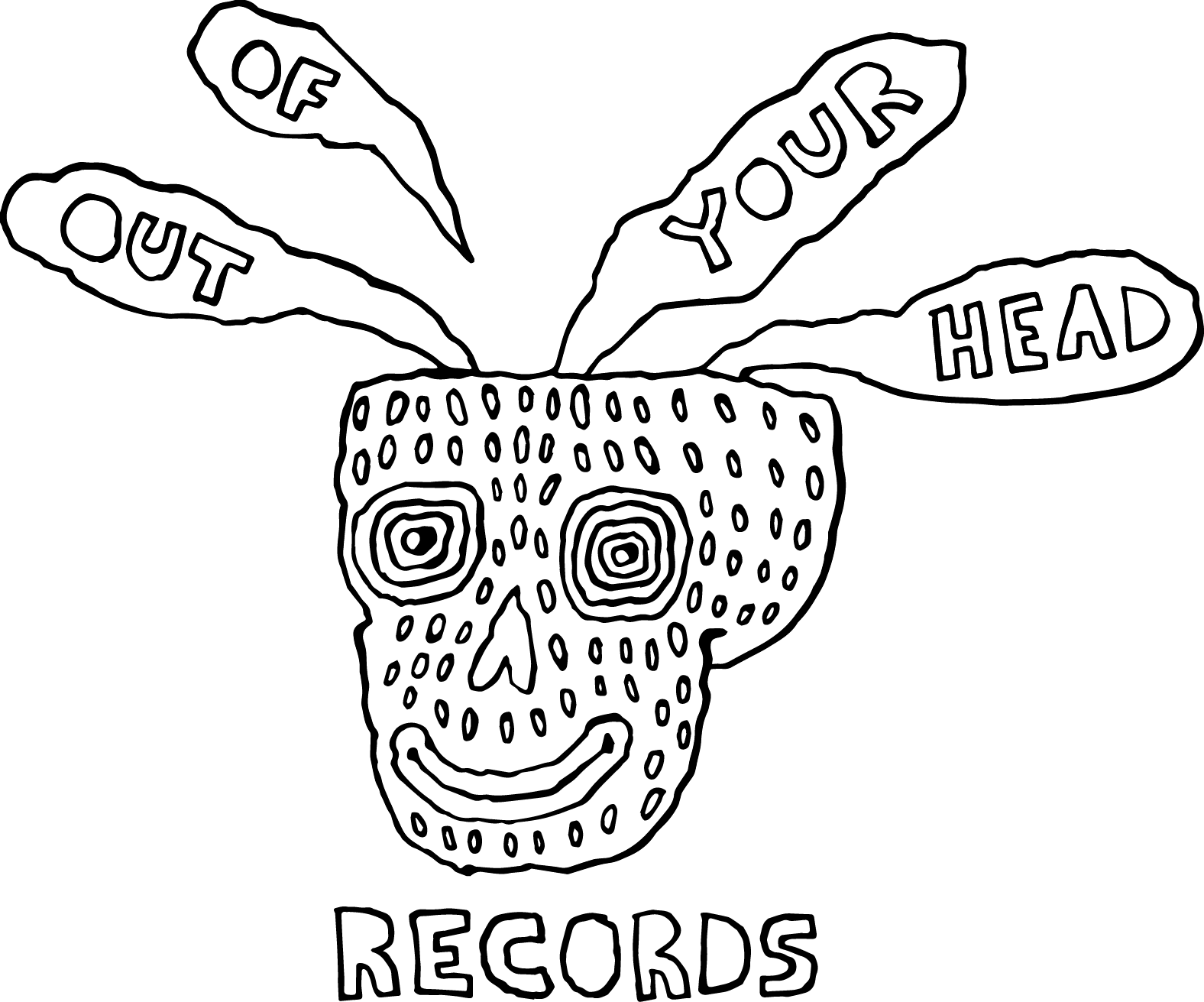Spider Season Reviewed in Pitchfork
Super review of Nick Dunston - Spider Season (OOYH 016) today in Pitchfork, thanks to Jude Noel! Spider Season is Nick Duston, Kalia Vandever, and DoYeon Kim. You can check out the full review HERE, and we’ve pasted it in below as well.
After the complex structures of his quintet’s debut, the rising Brooklyn jazz musician strips down to a trio of bass, trombone, and gayageum to explore fluid arrangements and textural interplay.
If the New York jazz scene handed out Rookie of the Year awards, Nick Dunston would have been a top contender for 2019’s honors. At just 23 years old, the Brooklyn bassist spent the year logging live dates with avant-garde luminaries like Vijay Iyer, Mary Halvorson, and Tyshawn Sorey; landed a year-long fellowship at Roulette; and released his first album as a bandleader, Atlantic Extraction, which a rhapsodic JazzTimes review declared “the debut of the year.”
Though Dunston had already proven a qualified and prolific sideman, the album confirmed that his real talent lay in composition and arrangement. He has mentioned in interviews that as a teenager, he gravitated toward the complex arrangements of big-band jazz rather than the free-form shape of more improvisational styles. His structural inclinations were much in evidence on Atlantic Extraction: Fractured into 16 relatively short vignettes, the record embraced the modular nature of his quintet, shuffling players in and out of the studio to test as many combinations of performers and instruments as possible. Braxton-esque classical fusion stood shoulder to shoulder with winking forays into twangy bluegrass and no-wave skronk, bridged by interludes of loops cut and pasted from other tracks. It was a kaleidoscopic work, revealing genres within genres and overlapping ideas that blurred together as soon as you thought you’d grasped them.
Spider Season, Dunston’s stark sophomore record, inverts the formula. Scaling his band down to a trio featuring Kalia Vandever on trombone and DoYeon Kim on gayageum, a traditional Korean stringed instrument, Dunston relies on variations in technique rather than arrangement to maintain a state of flux. He often takes the lead on upright bass, lunging ahead of his colleagues to rattle off dense clusters of notes. But his improvisation is just as engaging when he takes a step back, sawing with his bow or toying with effects pedals to produce eerie drones. He’s fascinated by the diverse range of pitchless textures he and his bandmates can produce with their respective instruments, and Spider Season’s strongest tracks zero in on their atonal interplay.
On “Ficus Elastica,” Dunston and Kim fashion an unsettling collage out of scuttling fingers and the scrape of bow against bass, drawing attention to the severity of their playing before returning to the tonal sphere. Vandever’s trombone assumes a supporting role as the pair knot tense, sharply plucked phrases together; sustained notes soften the joints like cartilage. On the following track, “Pre-Nasal Tension,” Kim ad-libs wordless vocals atop ominous instrumentation, producing raspy, glottal creaks that remind listeners that the voice is also, in part, a stringed instrument. While the piece’s stream-of-consciousness structure verges on obscurity, players carve clear pathways through the chaos.
The 10-minute “Thousand-Year-Old Vampire” offers a revolving showcase of the band’s full creative arsenal. Dunston opens with a solo, swerving in and out of piercing registers and scrubbing at strings like he’s trying to snap them in two. His jagged, unaccompanied playing sounds like a slasher flick’s climactic scene, but Vandever’s somber trombone blasts rein him in. The two briefly tangle, bowed notes grinding against brass, with Vandever eventually coming out on top. Dunston returns to pizzicato as Kim enters the mix halfway through, and the band concludes in a flurry of quick melodic stabs and incidental rattling.
Offering a holistic overview of Dunston’s range, Atlantic Extraction might make for a more accessible entry point into his work, but Spider Season’s narrow focus reveals more about his tastes as a composer and improviser. By placing equal value on the musical and decidedly non-musical qualities of each instrument, the record maps out the shifting web of relationships between performers. Each scrape, thump, or screech has a tangible effect on the room’s energy. Even in a trio setting, Dunston’s curiosity creates a plethora of possibilities. No two songs of his ever sound alike.

